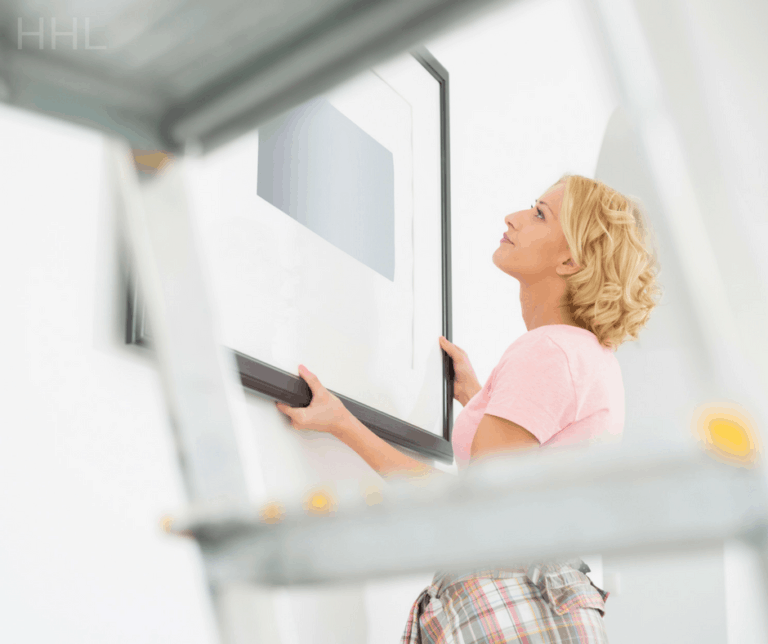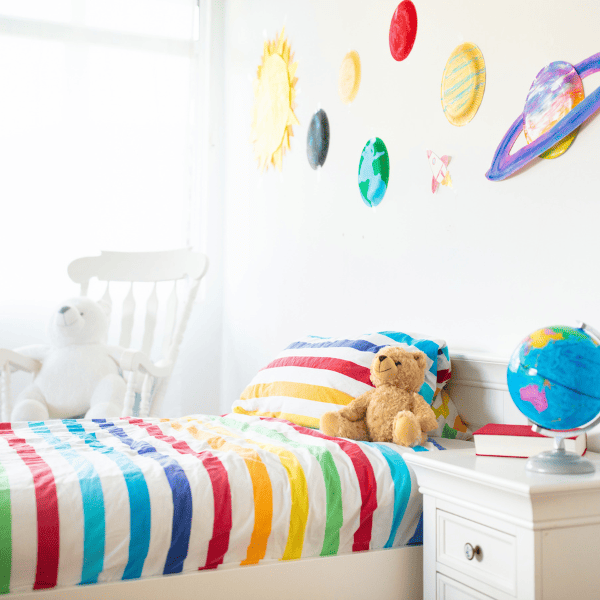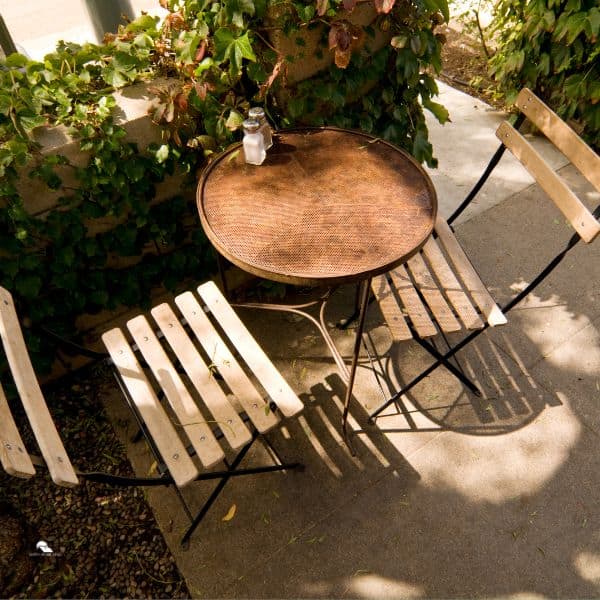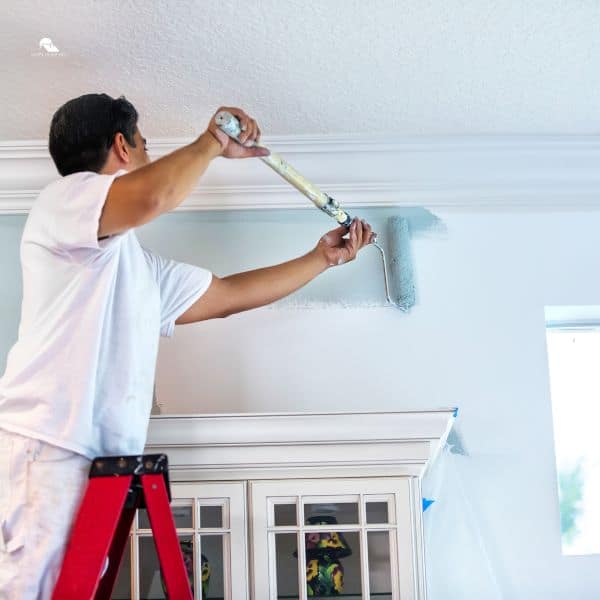Embarking on a home window replacement project is not a decision to be taken lightly. There are numerous factors to consider, from functional aspects to aesthetics, energy efficiency, and, of course, the budget.
Let’s talk about the crucial things every homeowner should keep in mind before starting a window replacement project. We aim to equip you with the knowledge to make informed decisions, ensuring your home improvement project is a resounding success.
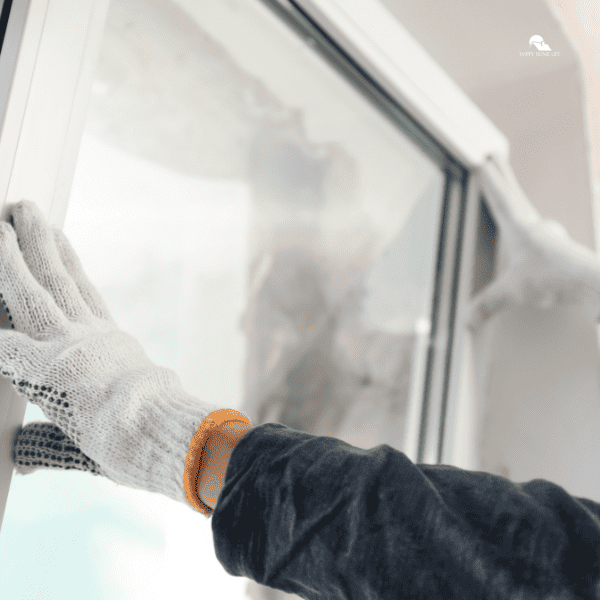
Importance Of Local Experts
Engaging local experts in your home window replacement project can make a significant difference. These professionals possess in-depth knowledge of local climate and weather patterns, building codes, and styles prevalent in the community, all of which can influence the choice of windows.
Whether it’s Austin Windows & Doors experts in Texas or a local contractor in New York, their expertise can help you navigate the vast selection of windows available in the market and select the most suitable ones for your home. This collaboration also ensures that the installation is done correctly, avoiding any potential issues in the future.
Energy Efficiency Goals
When planning a window replacement project, energy efficiency should be high on your list of considerations. Choosing energy-efficient windows can result in significant savings on heating and cooling costs, while also reducing the overall carbon footprint of your home. These windows are designed with features such as double-paned glass and low-E coatings, which minimize heat transfer and block harmful UV rays.
They also come with quality weatherstripping and framing materials, ensuring a snug fit and eliminating air leaks. Emphasizing energy efficiency doesn’t just align with environmental concerns; it also contributes to the comfort and long-term value of your home. When selecting windows, look for those with an Energy Star rating, ensuring they meet stringent efficiency standards and will aid in achieving your energy conservation goals.
Budgeting Wisely
Another critical aspect to consider in your window replacement project is your budget. The cost of new windows can vary considerably depending on their size, style, material, and energy efficiency properties. It’s important to set a realistic budget that caters to both your aesthetic preferences and functional needs. Remember, while it may seem enticing to opt for the cheapest options, they may not provide the best value in the long run.
Higher-quality windows can offer better insulation, durability, and lower maintenance costs, potentially saving you money in the long term. It’s also worth considering that a significant portion of the budget may go towards professional installation, which is a crucial factor in ensuring your windows function optimally and last for years. Therefore, budget wisely, considering all these factors to ensure you are making a cost-effective decision.
Window Style Selection
Among the factors to consider in a window replacement project, the window style plays a significant role. Every window style has unique attributes that cater to different needs and aesthetics.
Traditional styles like double-hung or casement windows offer a timeless look, while some homes may benefit from the expansive views of picture windows. On the other hand, bay or bow windows can create a stunning visual statement and add extra space to your interior.
Sliding windows provide easy operation and are a great choice for hard-to-reach places. The right window style can dramatically enhance your home’s curb appeal and interior design, as well as improve ventilation and natural light access.
Therefore, it’s essential to understand the benefits and limitations of each style to choose the one that best fits your home’s architecture and your personal preferences. Consulting with a window professional can provide valuable insights into which styles would work best in your specific situation.
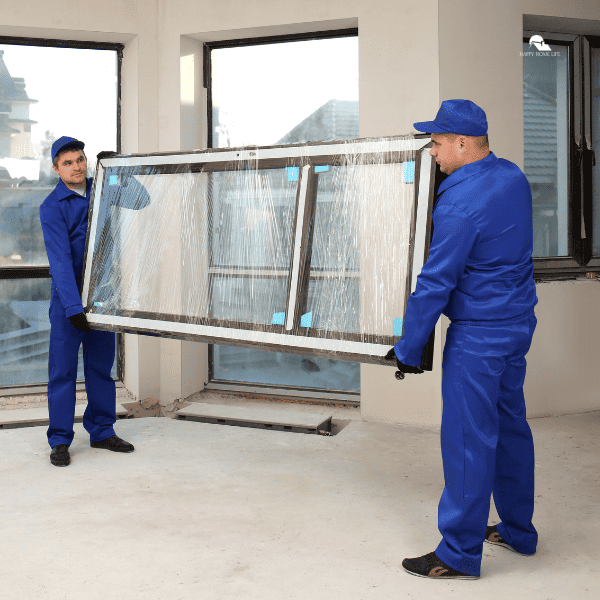
Material Matters
The choice of window material is another fundamental aspect to consider when embarking on a window replacement project. Different materials offer different benefits and can significantly impact the overall performance, aesthetics, and longevity of your windows.
- Vinyl: These windows are known for their excellent insulation properties and affordability. They require minimal maintenance and come in a variety of color options. Although they can’t be painted, they are resistant to scratching and don’t fade or rot.
- Wood: A traditional favorite, wood windows offer a classic, high-end look and can be customized with paint or stain. They provide good insulation but require regular maintenance to prevent weather damage and decay.
- Aluminum: Aluminum windows are strong, lightweight, and resistant to corrosion. While they aren’t as energy-efficient as vinyl or wood, they excel in durability and require less maintenance.
- Fiberglass: These windows are highly durable and require very minimal maintenance. They offer superior insulation properties and can mimic the look of natural wood.
Each of these materials has its strengths and weaknesses, and your choice should align with your home’s architectural style, your climate, your energy efficiency goals, and, of course, your budget. Consulting with a window replacement expert can help guide you through the process of selecting the perfect window material for your project.
Glass Choices
The type of glass you choose for your windows considerably impacts their energy efficiency, aesthetics, and safety features.
- Single-pane glass: This is the most basic type of window glass, providing minimal insulation and noise reduction. It’s the most affordable option but is less efficient in terms of energy conservation.
- Double-pane glass: This type of glass provides superior insulation because it has two layers of glass with a space in between that can be filled with a gas like argon or krypton for even better thermal performance. Double-pane windows also reduce noise pollution, making them a great choice for homes in busy areas.
- Triple-pane glass: These windows offer the highest level of insulation and noise reduction, with three layers of glass and two spaces for gas. However, they are also the most expensive option.
- Laminated glass: This is a safety glass that holds together when shattered, offering added protection against break-ins and severe weather. It also blocks nearly all UV rays, protecting your home’s interior from sun damage.
- Low-E glass: Low-E (low-emissivity) glass has a special coating that reflects infrared light, keeping your home cooler in the summer and warmer in the winter. It also reduces fading from UV rays.
Your choice of window glass should be influenced by your climate, noise concerns, safety needs, and energy efficiency goals. It’s important to remember that while premium options may have a higher upfront cost, they can offer significant savings and benefits in the long run.
In conclusion, there are many factors to consider before embarking on a home window replacement project. From engaging local experts and setting energy efficiency goals to budgeting wisely, and selecting the right style, material, and glass options, each decision plays a crucial role in ensuring a successful outcome.
Take your time to evaluate these considerations carefully and consult with industry professionals to make informed choices that will improve the comfort, appearance, and value of your home.


